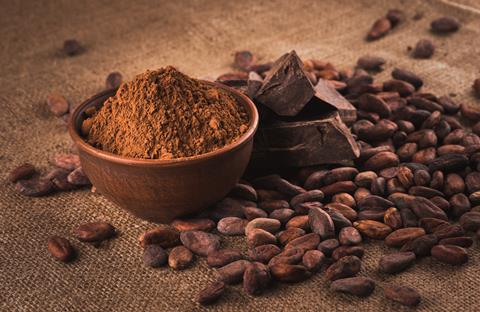
Spiking food prices has offset cheaper transport to keep UK inflation levels steady in the year to May, new official data out this morning revealed.
The headline rate of inflation stood at 3.4% last month, the same figure recorded in April, the Office for National Statistics reported.
However, prices of food and non-alcoholic drinks raced higher in the 12 months to May, climbing 4.4% versus 3.4% in April.
It is the highest rate of food inflation since February last year, when it was 5%.
The price of chocolate, confectionery and ice cream rose from April to May but fell between the same months a year ago.
There was also a small upward effect from meat, with prices rising by more this year than in May 2024.
The official ONS figures follow data from Kantar out last month for the four weeks to 18 May showing that prices in supermarkets soared to their highest levels for 15 months.
“A variety of counteracting price movements meant inflation was little changed in May,” said Richard Heys, acting chief economist at the ONS.
“Air fares fell this month, compared with a large rise at the same time last year, as the timing of Easter and school holidays affected pricing. Meanwhile, motor fuel costs also saw a drop.
“These were partially offset by rising food prices, particularly items such as chocolates and meat products. The cost of furniture and household goods, including fridge freezers and vacuum cleaners, also increased.”
Liliana Danila, lead economist at the Food & Drink Federation, said: “These figures are being driven by rising energy and ingredients costs. Food manufacturing is an energy-intensive sector, and wholesale gas prices are 7.8% higher compared to last May, as UK businesses face significantly higher industrial energy costs compared to other nations. Meanwhile, the price of ingredients has also surged. For example, in the last two years, the price of cocoa has tripled, while wholesale butter prices are also 55% higher than last year. Recent and upcoming regulations are also bringing additional costs to manufacturers.
“With these price increases being coupled with a drop in consumer confidence and a fall in retail sales, food manufacturers have been absorbing rising costs for several years. Recent geopolitical uncertainty is also likely to result in higher pressure on energy and imports, and so unstable manufacturing costs are likely to persist. As a result, we now expect to reach our forecast of 4.8% food and drink inflation for December sooner than anticipated.”
Kris Hamer, director of insight at the British Retail Consortium, added that the new business costs introduced in April by the government continued to filter through into the economy in May.
“Worryingly for consumers, the price of the weekly shop rose once again as food inflation continued its upward trajectory, reaching its highest level since February last year,” he said.
“Since October, retailers have warned that the costs from the Chancellor’s budget could not be fully absorbed and would inevitably lead to higher prices for shoppers. Food inflation is now above 4% and looks set to increase further later in the year. The government must now take action to relieve cost pressures retailers are facing. Ensuring no shop pays more under business rates reform would be a meaningful step forward, offering much-needed relief to an industry that continues to see prices, job losses and store closures all rising.”







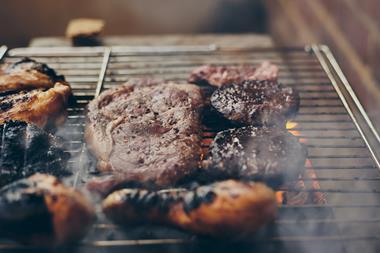
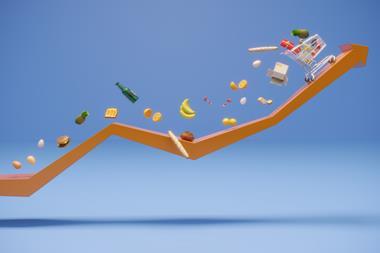
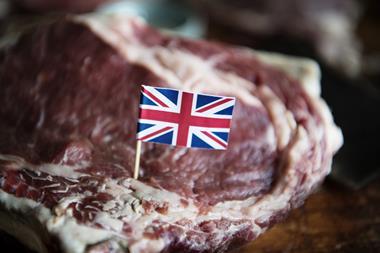
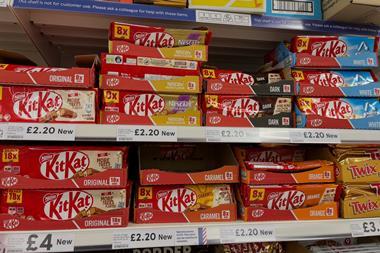

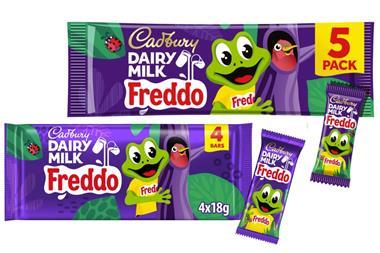






No comments yet